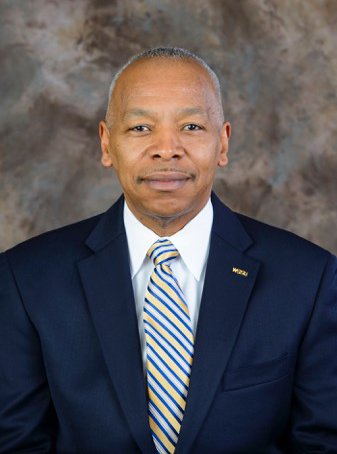By ELWOOD L. ROBINSON
Not all college rankings are created equal. Many national rankings reward universities for their selectivity or focus on metrics like reputation, recognizing universities that spend more money to game the system.
Over the years, universities like Winston-Salem State University, which serve a large number of minorities, low-income, and first generation students, were left out.
Fortunately, over the past decade, a few college rankings have emerged that evaluate the outcomes of universities, such as whether students find jobs after graduation or whether they move up economically.
These rankings are far more important to me as Chancellor.
For the past three years, Winston-Salem State University has ranked among the Top 20 in the nation on CollegeNET’s Social Mobility Index. The index evaluates four-year U.S. colleges and universities according to how effectively they enroll students from low-income backgrounds and graduate them into promising careers. This is not the only organization that has recognized us. The Equality of Opportunity Project recently released a Mobility Score Card that placed WSSU No. 2 in North Carolina and among the top 30 among U.S. public universities.
Our mission is to focus attention on the historical barriers to higher education for poor and minority students and to help our students overcome them. We believe colleges and universities must take responsibility for ensuring that ALL students receive access to the opportunities needed to prepare them for the demands of the 21st century. WSSU has wholeheartedly embraced this concept and accepted that responsibility.
To do that, we have established a culture of engagement. Our first-year students participate in a weeklong orientation program that includes mentoring, advising, and social and cultural activities designed to acclimate our students to our campus and our Ram Family. This introduction lays the groundwork for our students, preparing them to be successful academically and socially.
Meanwhile, WSSU has created a campuswide learning environment. At the heart of campus is our Student Success Center. Built in 2014, the center offers advising, tutoring and career placement support under one roof. Our students are encouraged to make use of these resources, and we strive to ensure no one is left behind. But academics extend beyond the classroom and the Success Center. Because our students are required to live on campus for their first two years, we infuse student life with experiences that support them academically as well.
Another key component to our approach to student engagement lies in providing our students the financial support they need to stay on track and graduate. We often encounter students who are struggling with unforeseen personal and financial circumstances that prevent them from completing their degree. Through gap funding scholarships — which range from $1,000 to $1,500 — we provide our high-achieving but under-resourced students with the means to complete their education. We believe we must do everything possible to help our students accomplish their goals.
Our efforts are paying off. We are first among all 17 University of North Carolina institutions with 79 percent of our students employed six months after graduation. By ensuring that curriculum has a clear path and by providing robust advising, the university has reduced the average number of credit hours a student attempts from 137 to 128 since 2013. The UNC System average is 139.2 credit hours. By helping our students graduate more efficiently, we are able to help them save thousands of dollars of tuition, room and board. They also enter the workforce sooner, which gives them a head start in paying off any debt they did incur.
What we do is so important. According to a Pew Charitable Trusts report, there is a 31 percent chance of living in poverty if you have not obtained a college degree versus a 5 percent chance if you have a bachelor’s degree or higher. Clearly, a higher education is of great economic importance. At WSSU, we are providing our students with an education that is of the highest quality — an education that transforms not only our students and their families, but also the future for our city, our state, and beyond. Our students are the next generation of scholars, entrepreneurs and leaders; our job is to prepare them to transform the world.



Leave a Reply